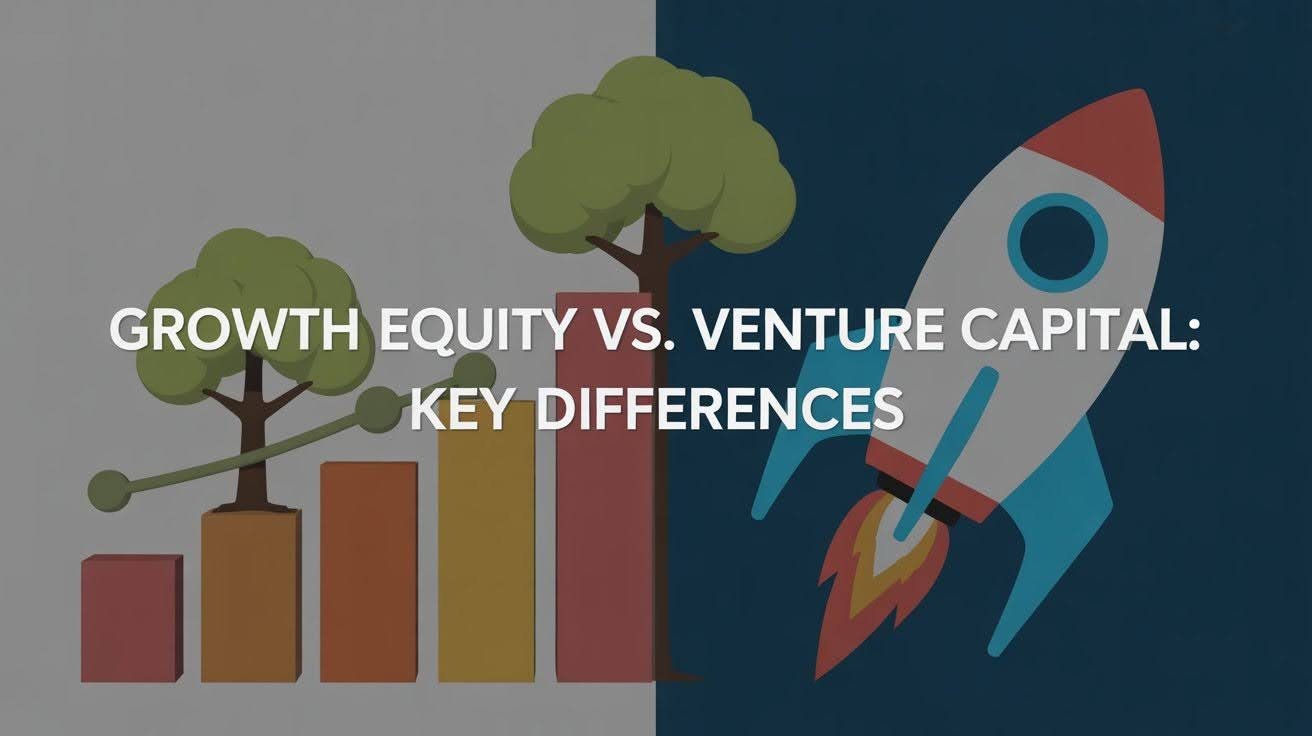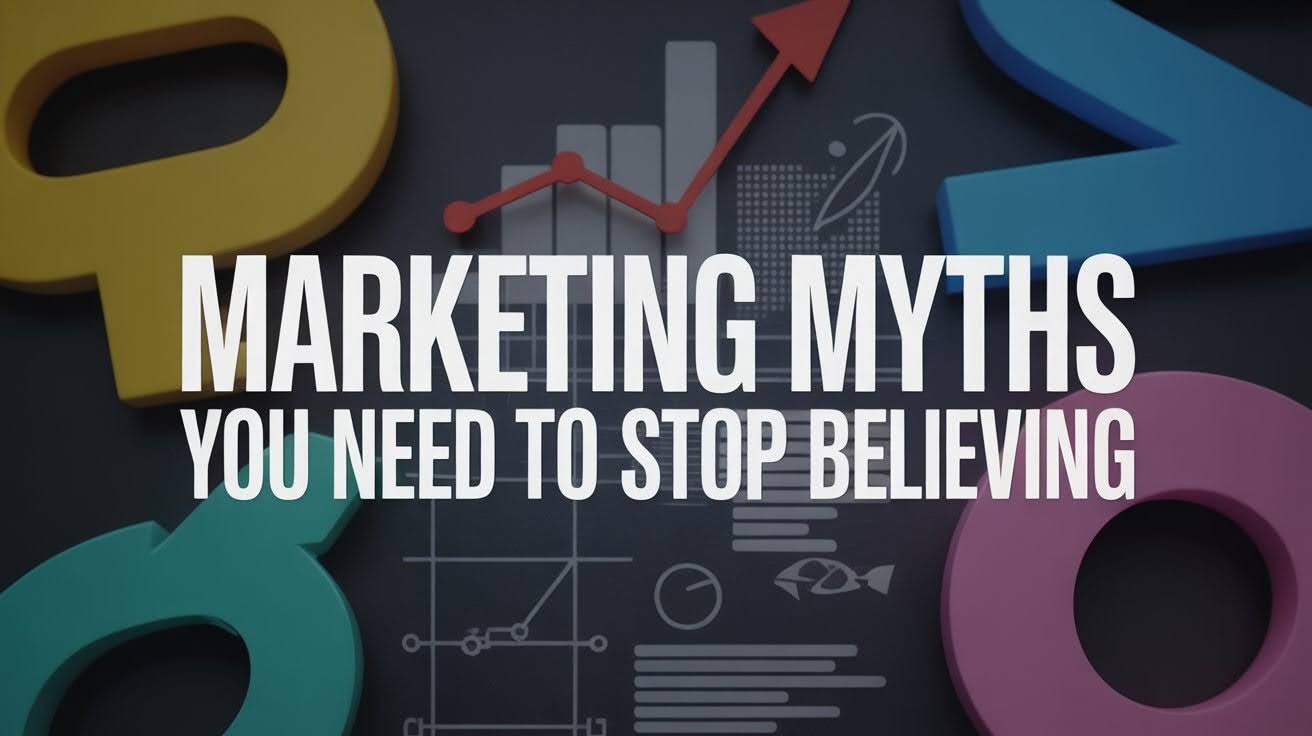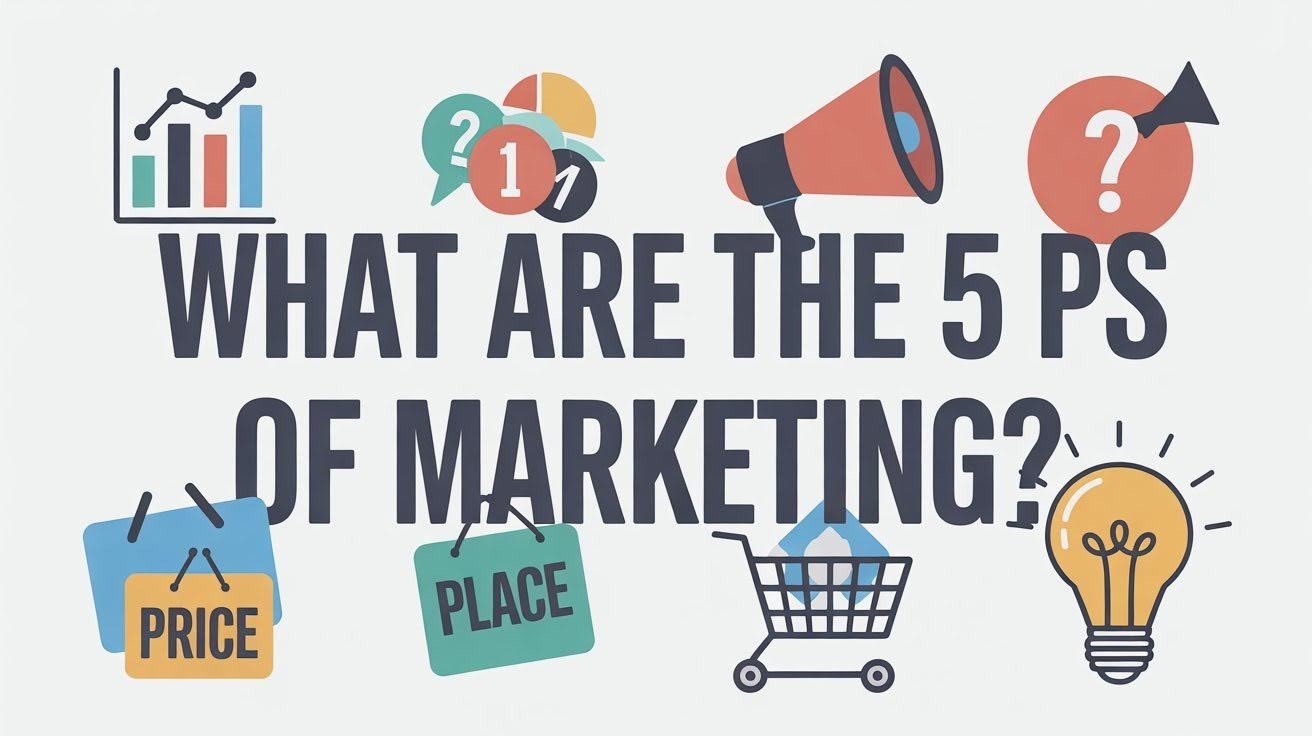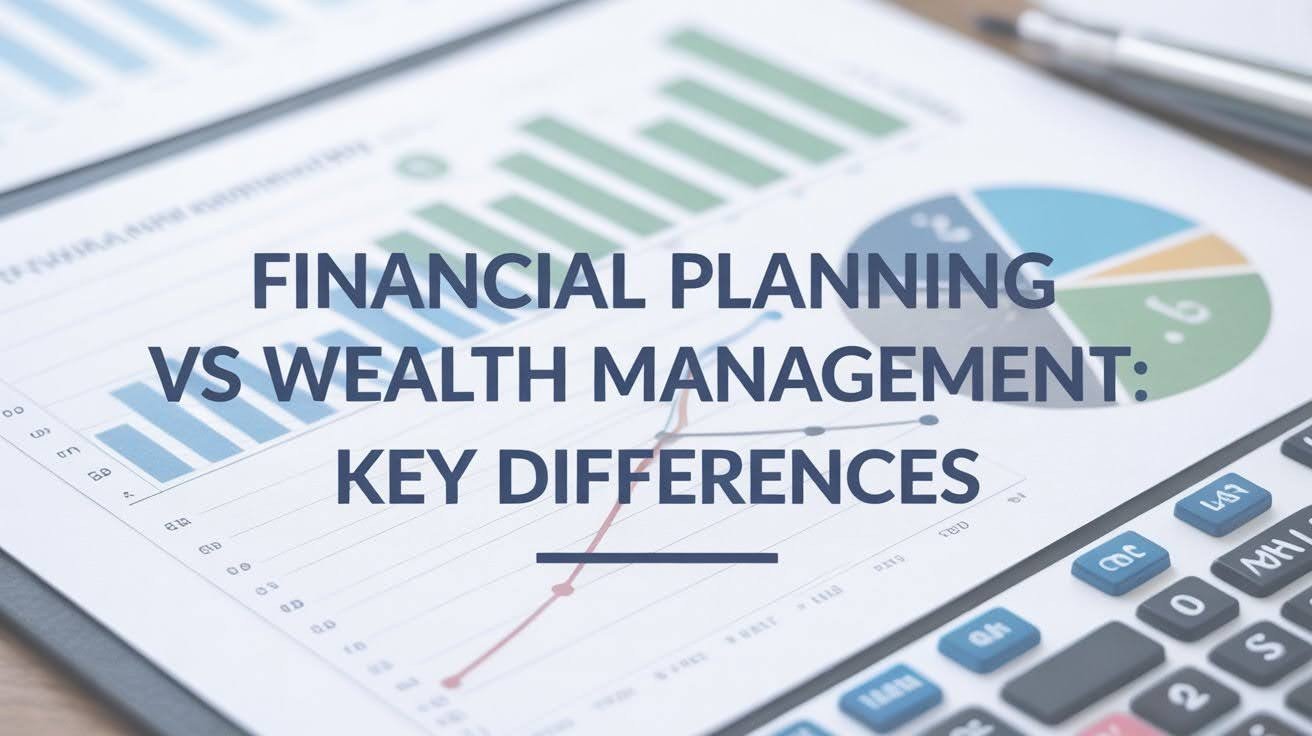I’ve seen founders do battle when it comes to Growth Equity. Honestly, Venture Capital decisions, the confusion about makes sense.
Both do involve investors at the time when they buy stakes within your company; however, they’re different animals in their entirety.
The article discusses funding types. Each type works for different situations. You will learn about what investment stages are, what makes a company mature, and what funding amounts exist.
You will also learn the levels of risk involved, along with how long exit timelines are.
Here is simply what I do wish someone had told me earlier: to choose the right funding protects your vision as it fuels growth. The correct option for your company will be clear when you finish.
What is Venture Capital?

Venture capital is money invested in early-stage companies with high growth potential. VCs bet on ideas that could become huge.
Venture capital differs from loans. VCs invest for ownership in your company. They’re looking for the next big thing that could return 10x or 100x their investment. It’s high risk, high reward.
How Venture Capital Operates
VC funds have limited partners who provide money and general partners who manage investments. General partners find startups, do research, and guide companies after investing.
VCs want strong founding teams and large market opportunities. They need a clear path to rapid growth. Expected returns are 10x or more. Most startups fail, so VCs spread risk across many investments.
Stages of Venture Capital Investment
Seed stage funds your initial idea and prototype. You might have just a concept and team. This money helps you build and test your first version.
Series A and B help you scale after proving your product works. You hire more people, expand to new markets, and build out technology.
Late-stage VC prepares proven companies for acquisition or IPO. You have strong revenue and need funding for the final push.
Types of Businesses VCs Target
VCs focus on high-growth, high-risk startups that could dominate entire markets. They avoid traditional businesses with steady, predictable growth.
Popular industries include AI, biotech, fintech, and consumer apps. These sectors scale quickly with technology. VCs often invest in companies with innovative ideas but little or no revenue yet.
What is Growth Equity?

Growth equity invests in established companies that need capital to scale faster. These businesses already make money and have proven their model works successfully.
How Growth Equity Operates
Growth equity firms invest in companies that are past the experimental phase. They focus on scaling proven business models rather than testing new ideas.
The risk is lower than venture capital because these companies already generate revenue and have real customers. Returns are still strong, typically 3x to 5x over several years.
Stages of Growth Equity Investment
Growth equity comes after you’ve achieved product-market fit. Your company generates consistent revenue, usually between $10 million and $50 million annually.
You have paying customers and a predictable income. The capital helps you expand into new markets, acquire competitors, or hire key team members to accelerate growth.
Types of Businesses Growth Equity Targets
Growth equity firms love established SaaS platforms with recurring revenue. Profitable e-commerce brands with loyal customers attract them.
Sustainable tech firms with proven business models fit perfectly. These businesses already have customers and predictable revenue. They just need capital to grow faster than they could organically.
Key Differences Between Growth Equity and Venture Capital
Growth equity and venture capital serve different purposes at different stages. Here’s how they compare in five critical areas.
Comparison Table
|
Factor |
Venture Capital |
Growth Equity |
|
Stage of Investment |
Early-stage, often pre-revenue companies with just ideas or prototypes |
Post-revenue companies already generating $10M+ annually |
|
Risk and Return Profile |
High risk with potential for 50x to 100x returns on successful bets |
Moderate risk with typical 2x to 5x returns over time |
|
Ownership and Control |
Takes minority stakes with board seats and active involvement |
Takes minority stakes but demands stronger governance structures |
|
Use of Capital |
Funds product development, building teams, and early customer acquisition |
Funds expansion, hiring senior talent, and strategic acquisitions |
|
Exit Expectations |
Aims for IPO or major acquisition after 7 to 10 years |
Targets faster, more predictable exits within 3 to 5 years |
Similarities Between Growth Equity and Venture Capital

Both invest in private, high-growth companies for minority stakes, earn returns through company appreciation, and provide strategic support beyond capital.
Both target private, high-growth companies
Neither invests in slow-growing businesses. They want companies that can multiply in value through rapid expansion.
Minority ownership is standard
Most deals keep founders in control. Investors typically take less than 50% of the company.
Growth drives returns
Both make money when your company’s value increases. The payoff comes when you sell or go public at a higher valuation.
You get more than money
Investors bring connections, advice, and industry knowledge. They introduce you to customers, help recruit executives, and guide strategy. Think of them as partners, not just check writers.
Exit Strategies

Venture capital exits through IPOs, acquisitions, or secondary sales. Growth equity exits via acquisitions, IPOs, or structured secondaries with faster timelines.
Venture Capital Exits
IPOs are the dream: Taking your company public generates the biggest returns. VCs can sell shares gradually at premium valuations.
Acquisitions happen more often: A larger company buys yours. More common than IPOs but still delivers strong returns.
Secondary sales to growth investors: Early VCs sell shares to growth equity firms. This lets them exit while your company keeps growing privately.
Growth Equity Exits
Acquisitions dominate: Most exit through sales to strategic buyers or larger private equity firms.
IPOs remain an option: Growth equity investors often hold through the IPO and sell shares afterward.
Structured secondaries are planned: The company orchestrates sales that let investors exit while bringing in new capital.
The key difference? VCs wait longer for bigger outcomes. Growth equity investors exit faster with predictable returns.
How Founders Should Decide

Choose venture capital when you’re just starting. You have an idea, but no customers or revenue yet. VCs fund product development and market testing in this risky early phase.
Choose growth equity when you’ve proven it works. You’ve got customers, revenue, and a clear business model. Growth equity funds are scaling operations and market expansion.
I’ve seen founders seek growth equity too early and waste time. Without strong revenue, start with VCs.
For investors, venture capital offers massive upside. Winners return 50x or 100x, but most investments fail.
Growth equity provides steadier returns. Companies have proven traction with 2x to 5x returns across most deals. Your risk tolerance determines which fits better.
Conclusion
Here’s what I’ve learned: Equity grows as versus. Venture Capital is not about which one is superior.
It’s about timing. VCs fund your wild ideas when there is nobody else who will. Growth equity backs you. It does so after you’ve proven those ideas work.
I made some mistakes by mistiming it and approaching investors wrongly. Don’t repeat that error. Locate a fitting money source for your firm’s level.
What stage is your company at currently? Comment to begin talk of funding that matches your case the most.
Frequently Asked Questions
Can a company receive both venture capital and growth equity?
Yes, this is common. Companies start with VC funding early, then raise growth equity once they’ve proven their business model and generated revenue.
Which type of funding is harder to get?
Venture capital is harder because investors bet on unproven ideas. Growth equity requires solid financials but involves lower risk for investors.
Do I give up more control with venture capital or growth equity?
It varies by deal. Growth equity investors sometimes take larger stakes while VCs usually prefer minority positions to keep founders motivated.
How long does it take to raise each type of funding?
Venture capital rounds take 3 to 6 months for due diligence. Growth equity moves faster, closing in 2 to 4 months with clear financials.
Can I skip venture capital and go straight to growth equity?
Only if you bootstrap to significant revenue first. Growth equity firms need $10M+ in annual revenue and proven economics before investing.









